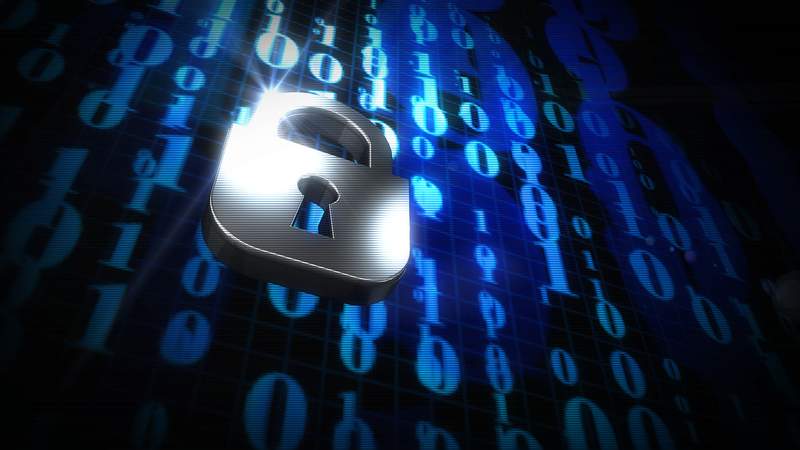Data security is critical. We hear about security breaches that often impact millions of people. These can cost companies millions of dollars or more. While most people think of hackers who access computers only, there are far more devices at risk than you might realize. Smartphones and tablets also contain sensitive data, as do online accounts like Amazon or PayPal, which means your email address and credit card information could be compromised if you’re not careful. Learning about data security is important not only if you run a business but also for your personal life as well. Here are some things you didn’t know about data security.
Data Breaches are Becoming More Common
Data breaches are on the rise. According to the Identity Theft Resource Center (ITRC), over 159 million records were exposed in 2019 alone. That’s a lot of data, and it’s growing fast. The ITRC estimates that there will be more than 3 billion records exposed by 2022.

Data breaches can be costly and can lead to identity theft and financial fraud. The most common ways hackers use stolen information include impersonating victims’ identities online and stealing money from their bank accounts through unauthorized charges made by fraudsters posing as legitimate businesses such as Amazon or even Google itself. This means that if you run a business, you must ensure that the data people share with you is kept private. Many companies leverage security advisory services to help them comply with regulations that help protect customer data.
You Don’t Need a Computer to Hack Computers
Not all cyber attacks require a computer. Your devices can be hacked by malware even if they’re not connected to the internet. Malware is malicious software that can infect your device and cause serious damage. It’s often installed on computers via websites or emails and sometimes via USB sticks or text messages. Hackers can also create fake websites that look like real ones.
Your Data is Not Safe
With the growing popularity of online shopping, it’s become even easier for hackers to create legitimate fake websites. These sites can trick you into entering your personal information, including credit card numbers and passwords. Hackers use this information to steal from you or others and can do it easily. This means that your data is not safe, and it’s important to be diligent. Using good habits goes a long way to helping protect your own identity, your business identity, and more.
A VPN can Protect Your Data From Hackers
Going on public Wi-Fi is the easiest way to get breached. A VPN helps provide a layer of protection you wouldn’t otherwise have. A VPN is a computer network that helps keep your data secure and private by routing it through an encrypted tunnel between your computer and the VPN company’s servers. You can also use a VPN server to access blocked websites or services in countries where they are blocked, like Netflix, or if you want to spoof your location for gaming purposes. You can leverage tech support to help you figure out the best way to create your VPN.
Technology Isn’t the Only Thing That’s at Risk
You can do some obvious things to protect your data, like using strong passwords and updating your software. But you can also do less obvious things to keep hackers from stealing your data. For example, if you have a smartphone with a fingerprint scanner or face recognition feature, someone can steal that information from you when they’re able to physically access your phone.
If this happens, the hacker could use their face or fingerprint as an alternative means of accessing the phone and all its sensitive information. You also don’t want to leave your passwords written plainly in your notes if you want to protect the information.
Doxing can Lead to Identity Theft
Doxing is a form of cyberbullying that involves gathering personal information about someone and publishing it on the internet. This can include their name, address, phone number, social security number, or other sensitive data. Hackers often use doxing to gain access to personal information. In some cases, they will use this information in an attempt to steal money from bank accounts or even commit identity theft.





